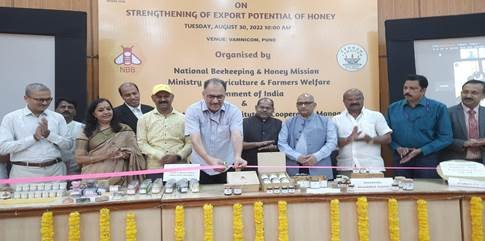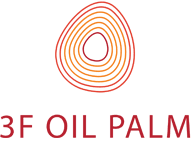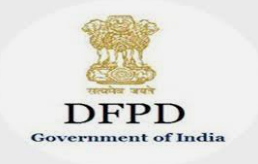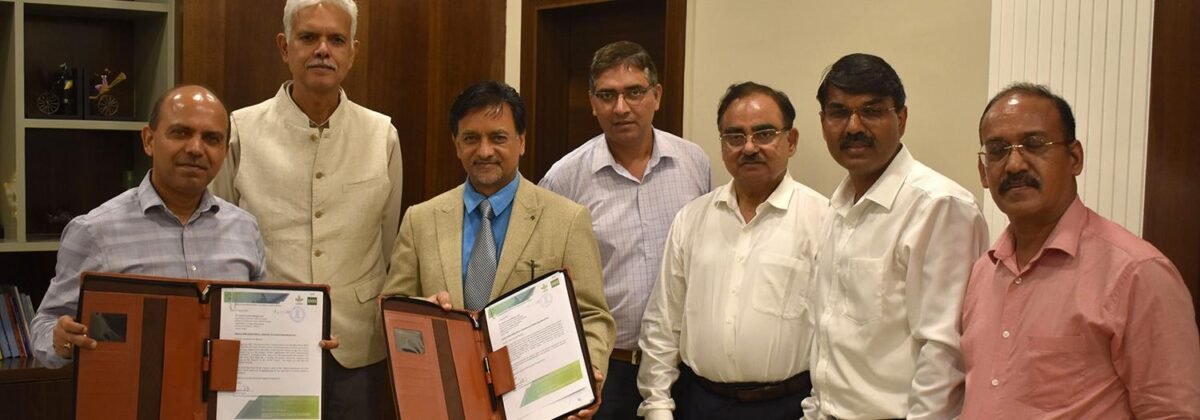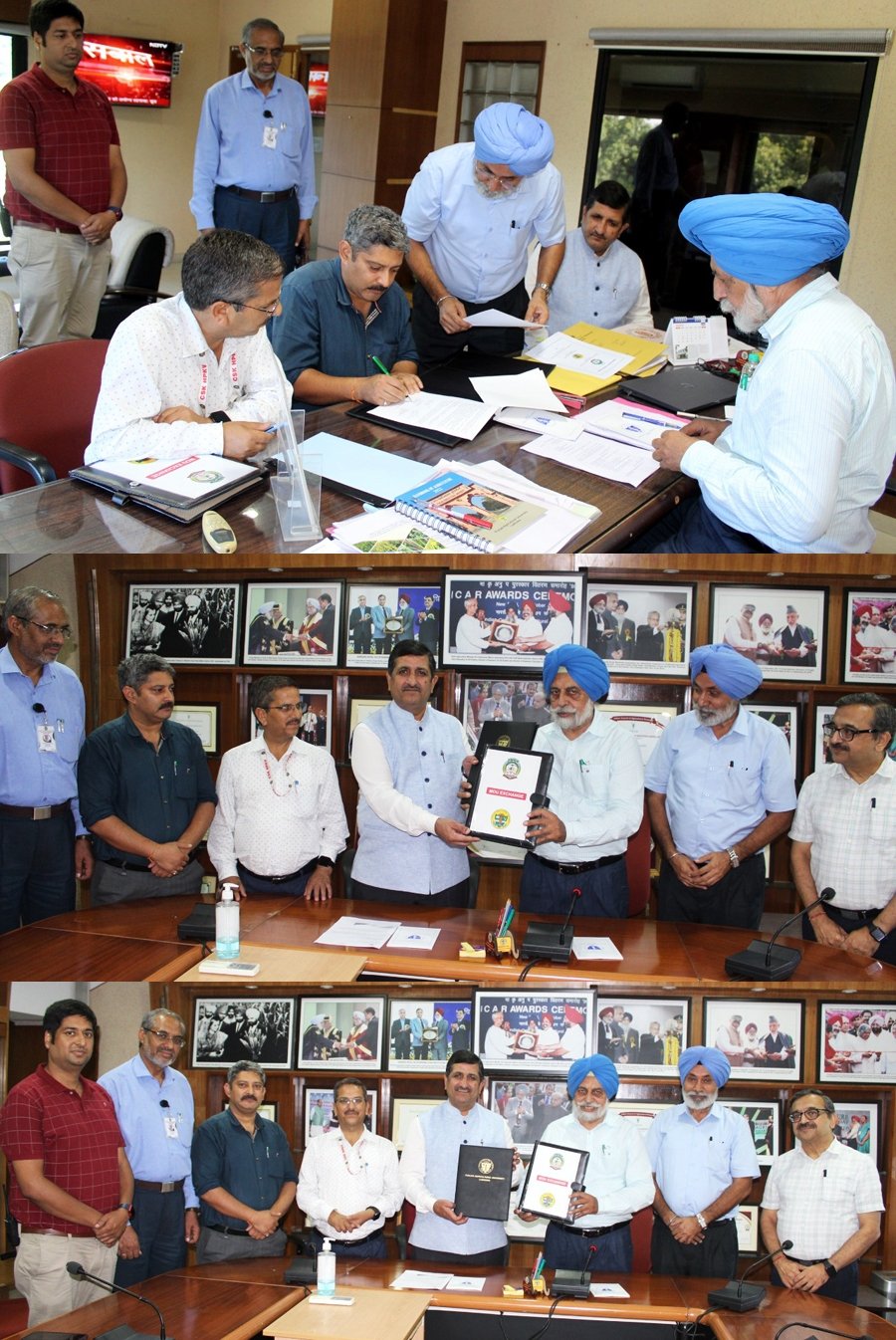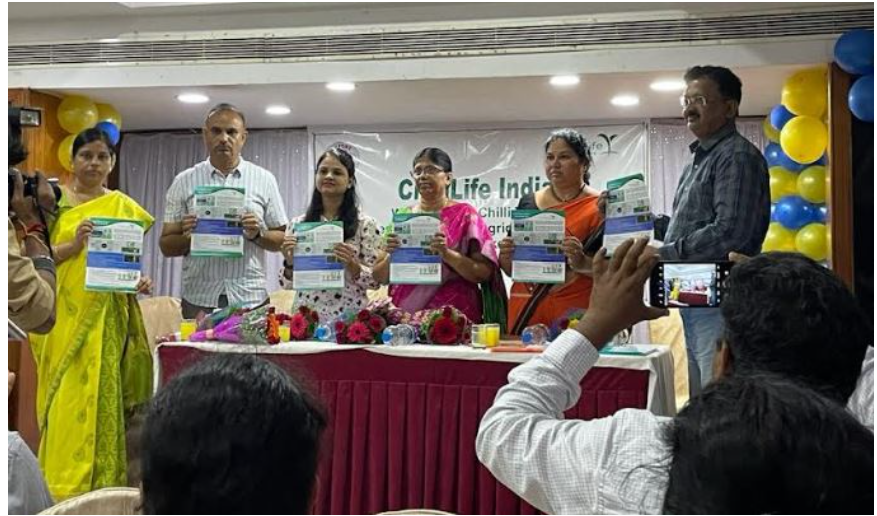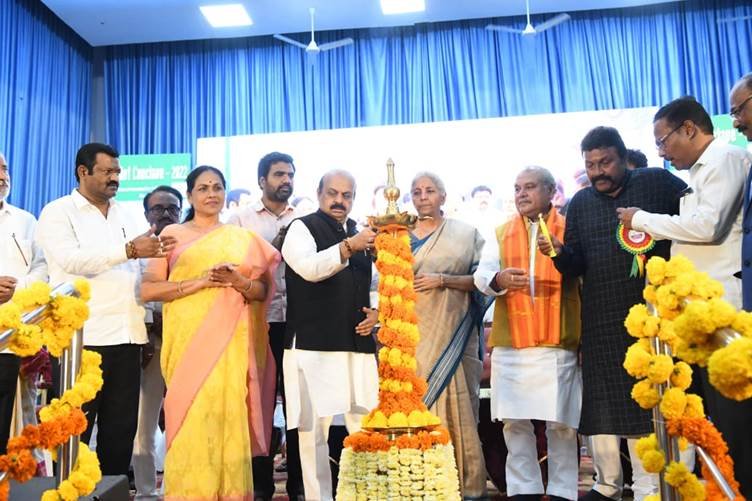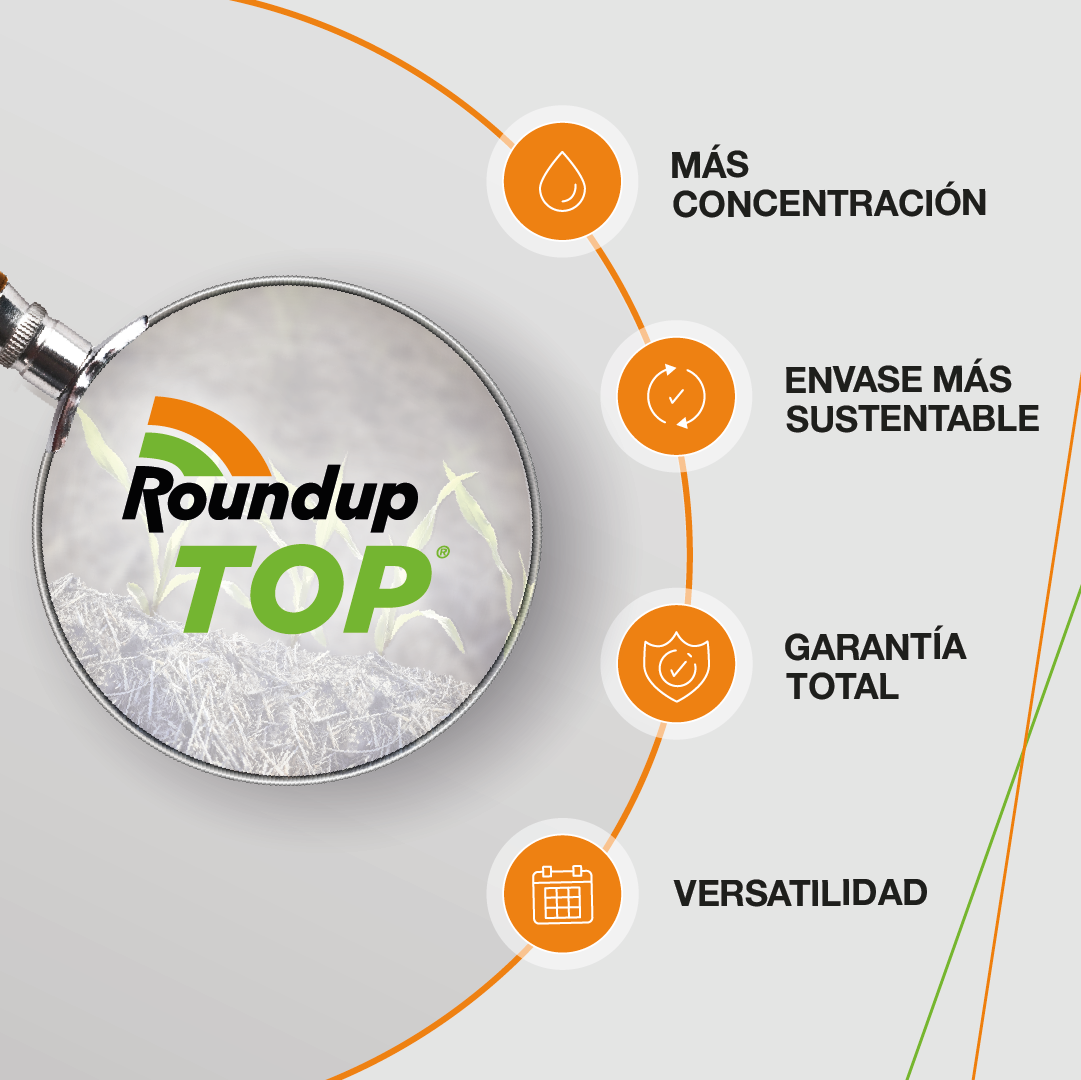National Bee Board holds workshop on ‘Export Potential of Honey’
The National Bee Board (NBB) organised a workshop on ‘Strengthening of Export Potential of Honey’ at Vaikunth Mehta National Institute of Cooperative Management (VAMNICOM), Pune, Maharashtra. Dr Abhilaksh Likhi, additional secretary, Ministry of Agriculture & Farmers Welfare, Department of Agriculture & Farmers Welfare, chaired the workshop. Dr Likhi launched bee wax products manufactured by FPOs during the workshop wherein it was also decided to establish a cooperative honey project at VAMNICOM. The workshop also gave a platform for honey processors, exporters, FPOs and agri start ups to share their experiences about the future strategies for export promotion of honey.
India is one of the major honey exporting countries in the world and has exported 74,413 MT of honey worth Rs. 1221.17 crore during 2021-22. More than 50 per cent of the honey production in India is being exported to about 83 countries including major markets like USA, Saudi Arabia, United Arab Emirates, Bangladesh and Canada. Some of the major varieties of honey exported are mustard honey, eucalyptus honey, lychee honey, sunflower honey, pongamia honey, multi-flora Himalayan honey, acacia honey and wild flora honey.
India has around 12,699 beekeepers and 19.34 lakh honey bee colonies registered with the National Bee Board at present and produces about 1,33,200 metric tonne of honey, as per the 2021-22 second advance estimate. A total 102 projects worth Rs. 133.31 crore have been sanctioned under the National Beekeeping and Honey Mission (NBHM) till date. Under the scheme of ‘Formation of 10,000 Farmer Producer Organisations’, 100 FPOs of beekeepers/ honey producers have been allotted to TRIFED (14), NAFED (60) and NDDB (26) for the implementation of activities under NBHM. The Ministry of Agriculture & Farmers Welfare has also developed an online portal, Madhukranti, to maintain traceability records of honey and other beehive products.
The National Bee Board (NBB) organised a

